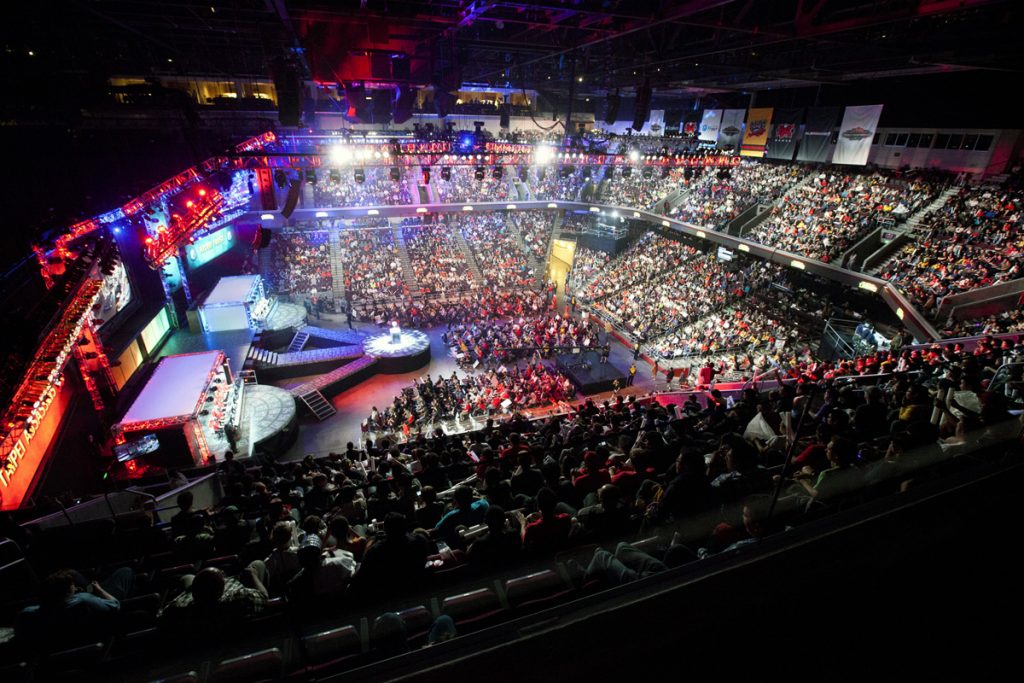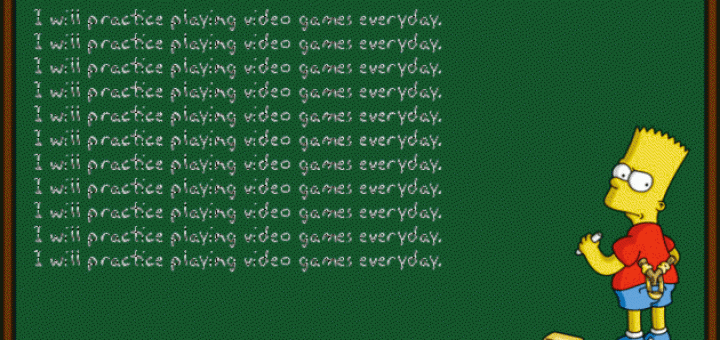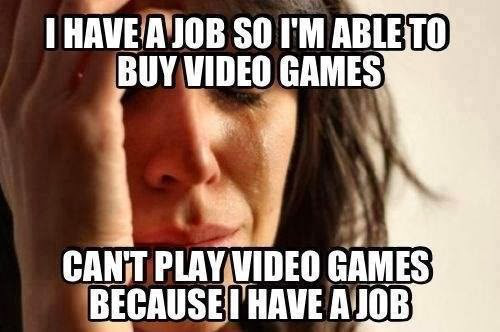Image credit: Hello There
I still remember exploring the strange but fascinating world of Might and Magic II: Gates to Another World. This was way back in 1988, when the game’s graphics were grainy and a little too off-colour.
Even then, its universe was alive and vibrant. Goblins, poltergeists and mammoth rats lurked in the wild while travelling circuses sold mundane and magical trinkets dirt cheap to exorbitant prices. Players could take charge of plucky adventurers—your typical fantasy stock characters such as a Paladin, a Sorcerer and a Robber—to defeat Sheltem, whose villainous deeds … escape me.
Playing the game when I was only 8, I had no idea what I was doing. We regularly got slaughtered by roaming critters and incapacitated by booby-trapped treasure chests. Yet I was thoroughly mesmerised by the game’s limitless, boundless world, and enjoyed exploring the wilderness unfettered by fear or common sense.
It was not completely unexpected then, when I decided to give video game writing a shot. I have some experience with writing from my day job as a copywriter, so diving into the murky and occasionally toxic waters of video game critique felt like the most logical choice for me.

Many of us might not know this, but Singapore is fast becoming a hotbed of video game development, with international companies such as Namco Bandai, Riot Games, Take-Two Interactive, and Ubisoft finding their way to local shores.
Back in 2013, local Street Fighter extraordinaire and professional eSports athlete Kun “Xian” Ho secured a victory for Super Street Fighter IV: Arcade Edition at the Evolution Champion Series (EVO). It was the most prestigious fighting games tournament globally.
At the same time, the Kickstarter campaign for Witching Hour Studios’ Masquerada: Songs and Shadows, was being backed by Ken Levine, the creator of the critically-acclaimed Bioshock series. Gattai Game’s Stifled, with its novel approach to the survival horror genre, was making waves globally.
With local studios breaking new ground by developing original full-length video games, sometimes without the resources international companies are privy to, it was the most amazing time to be a part of this industry.
Even then, none of this prepared me for the rude shock of how tiring and thankless video game writing can be. Sure, part of the deal is to play video games, cover the latest news, or review up-and-coming titles. But as I’ve learned over the past two years, it’s never as simple as going to your favourite publication and asking if you can write for them.

It’s about chalking up enough samples to build a credible portfolio. It’s about refining the art of pitching your ideas, getting rejected countless times, and falling asleep at 3AM in the morning.
It’s about playing a lot less of your favourite video games. Even if you do somehow land a sweet gig reviewing epic roleplaying titles like Witcher 3, you’re going to have to learn how to sprint through games that usually take up to 100 hours to complete—in one short weekend.
It’s about feeling discouraged by dismissive comments because people don’t think you’re talking about video games the way they think video games should be talked about.
In all honesty, it’s a pretty terrible way to spend your time.
But it can also be an extremely gratifying experience. Working with incredibly talented editors to perfect your pieces and seeing them published in publications you’ve always wanted to be part of is massively rewarding. To date, I’ve written for Polygon, Kill Screen and Paste Magazine. I’m also a Contributing Writer at Unwinnable, one of the coolest websites on the internet.

The thing is, we are only too aware as Singaporeans that traditional career paths are still sacrosanct on our little island. It’s a point my parents have hammered into my head since young. Be it a scientist, a lawyer, a teacher—these professions have always been utterly unappealing to me ever since I was an eight-year-old fantasising about playing video games for a living.
As a child, I had the notion that growing up means getting a dead-end job, lifelessly tapping away on the keyboard, eyes glazed over in absolute boredom. I had difficulty socialising, was extremely self-conscious and spent a lot of time alone. To me, adulthood sounded dreadful. I didn’t want to be spending time on a job I would never love.
I was terrified of losing those moments where I sought solace in video games, getting lost in their myriad virtual worlds soon as an escape from my social anxiety issues.
It took a while, but my reluctance towards adulthood took a turn for the better upon graduation. I secured a position at Razer, a company that specialises in gaming peripherals such as keyboards, headphones and mice. Despite my relatively short stay there, I was introduced to the budding local video games scene, which both humbled and inspired me.
I met people developing their own games in indie studios, friends starting their own eSports team, and local video game developers finally getting the recognition they deserved. As with most niche communities in Singapore, I discovered that the nascent video games scene is mostly fuelled by passion, highly caffeinated drinks and tons of hard work.
Has all this hard work paid off? Hell yes it has.








